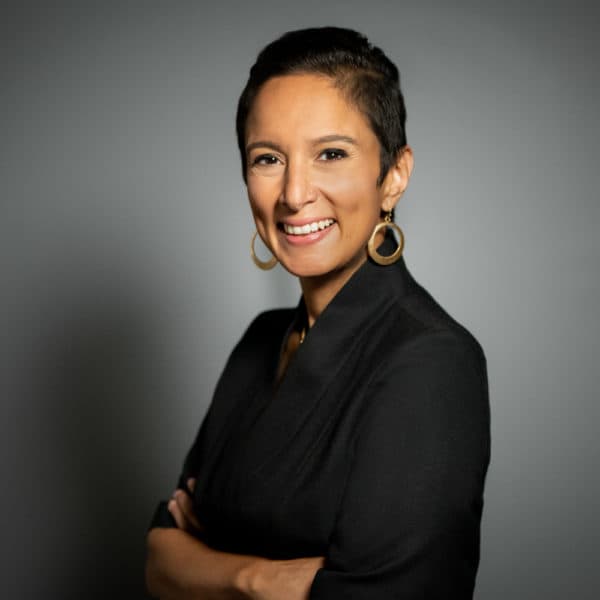Advertisement
How Boston played an 'instrumental' role in the Underground Railroad
ResumeBoston had a prominent role in helping Black Americans flee enslavement in the South via the Underground Railroad.
As a part of Black History Month, WBUR's Morning Edition host Rupa Shenoy sat down with historian Kellie Carter Jackson to learn more about this. She's an associate professor at Wellesley College who focuses on slavery and abolition, and a historian in residence for the Museum of African American History in Boston.
Highlights from this interview have been lightly edited for clarity.
Interview Highlights
On Boston's role in the Underground Railroad:
"I'm not going to say there is no Underground Railroad without Boston, but I will say this: Boston is deeply, deeply instrumental within the movement. Boston really is like the hub, the capital of the abolitionist movement. It is a crucial city, especially if you are a fugitive slave trying to escape slavery and get to safe haven, Boston was one of the best places to do it."
On how the city's ports made this possible:
"There was this rich community of Black sailors, of Black porters, people that worked the docks. And that network allowed information to pass, not just from city to city, but literally ... from the north all the way down to the south.
"David Walker wrote this pamphlet that becomes one of the most radical pamphlets of pamphlets of the 19th century, and one of the ways he circulated that pamphlet was by using Black sailors. He lived in Boston. He would go to the port, he would make copies of this pamphlet, and he would give it to Black sailors, and Black sailors would take it as far as Louisiana. They would go all throughout the East Coast sharing his words, and and one of the great things about David Walker too is that ... he knew a lot of Black people did not have literacy. So he wrote it in a way where his pamphlet could be read out loud or should be read out loud, so it sounded like a speech when you were reading it."
On the atmosphere for people escaping slavery once they arrived to Boston:
"So it depends on when you leave ... I think if you're leaving in the early 1850s, you're arriving to Boston, you absolutely have to be secretive. People were always worried about being recognized or being captured. Not to many enslaved people or fugitive slaves were ever sent back to the South. Boston has one of these records in which in all of its sort of fugitive slave history, only five enslaved people were ever sent back to their slaveholders, which is an incredible record."
On how many people stayed in Boston once they got here:
"A lot of people do stay in Boston because Boston has this vibrant community. There are several churches that are instrumental in people's livelihoods and their ability to find jobs, create wealth. You know, you do get sort of like a black upper class, if you will, among certain groups of black leaders. And people do think that they can make a life for themselves."
On how Boston could have done better:
"I mean, it goes without saying that Boston was the first colony to institute the institution of slavery — to make slavery legal. And it was not the best place for Black people to always live.
"In fact, it was very difficult and very hard. And I think that when you see the Black community in Boston, it is an aspect of Black resilience and Black resistance to white supremacy in the face of all that they were up against."
On how it would impact modern Bostonians if this history were better remembered:
"I think it would change the way that people think of themselves. I think it would change the way that people think about the space that they live in. I think it would change the way people envision leadership in the city — that when you see all of the contributions that Black men and women made to this city, it's not hard or it's not a leap to see them as mayors or governors or elected officials or doctors or businessmen."
"When I start the field trip that I do with my students, we start right in front of the 54th Massachusetts Regiment, the all black regiment from Massachusetts that fought in the Civil War. They themselves were already free. They've put their own freedom on the line to fight for the freedom of others. And that, I think, is the model that Boston has sort of represented for me. The fact that people use their freedom to free somebody else. I think that legacy should inspire all of us."
This segment aired on February 22, 2024.

